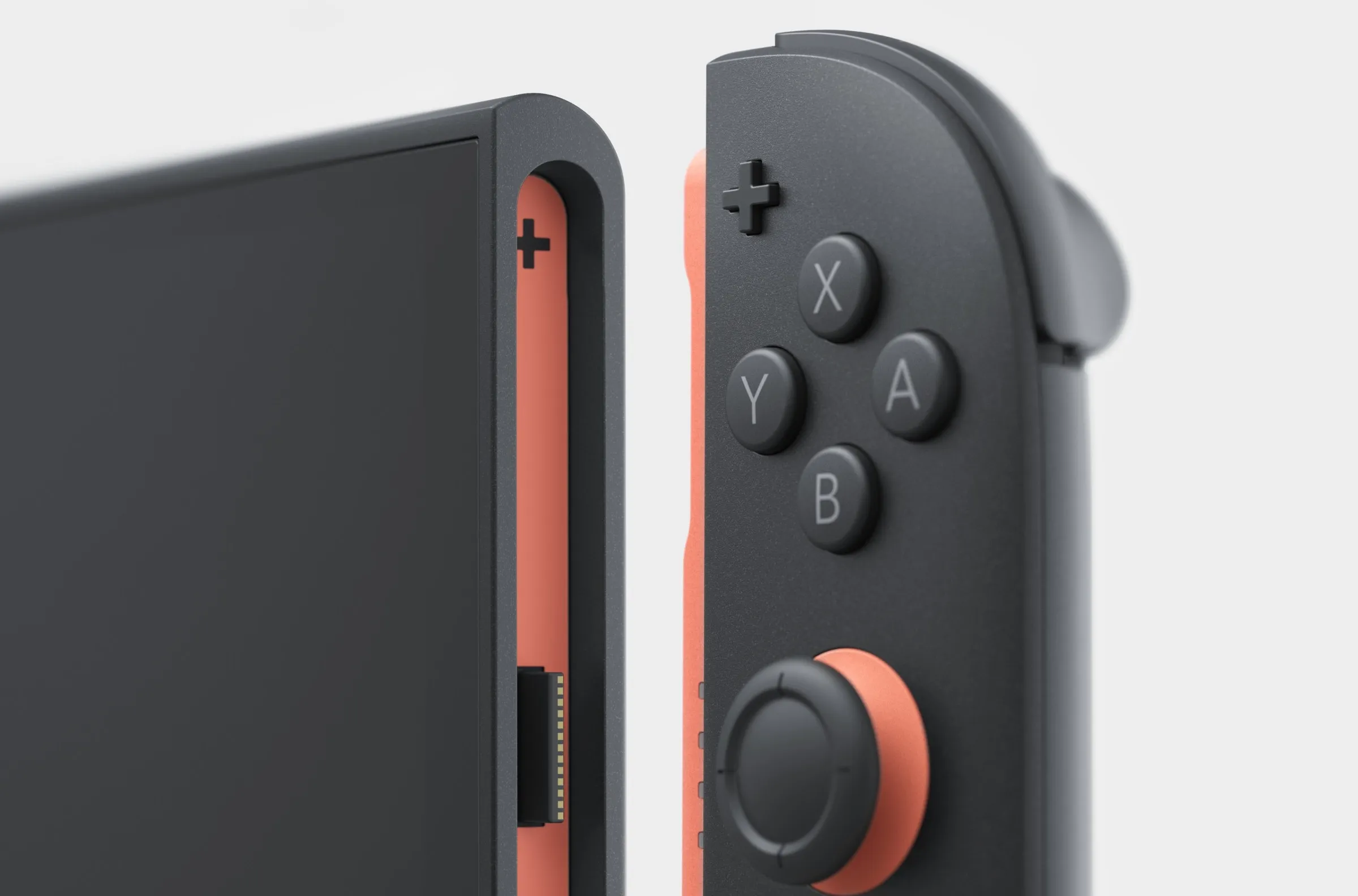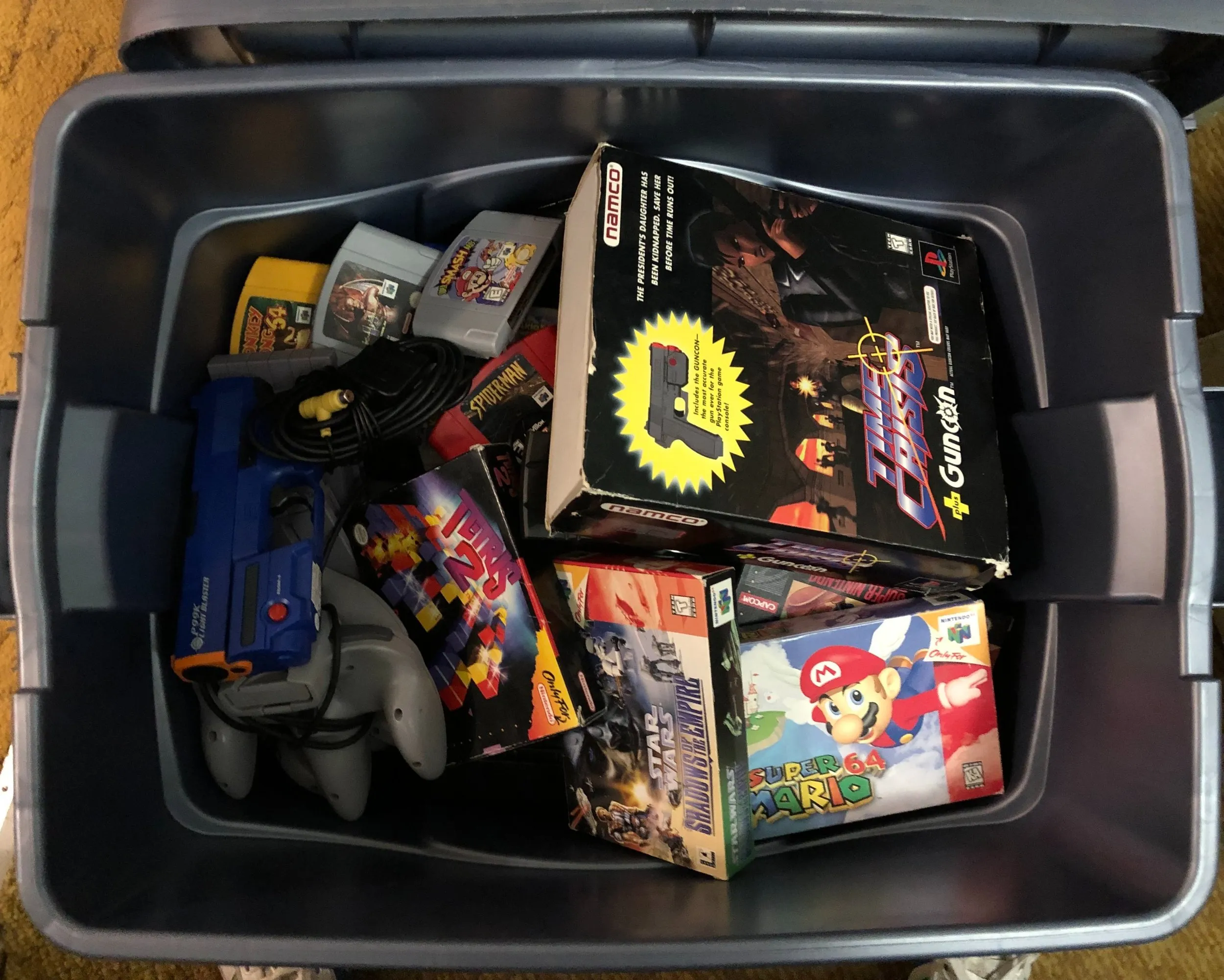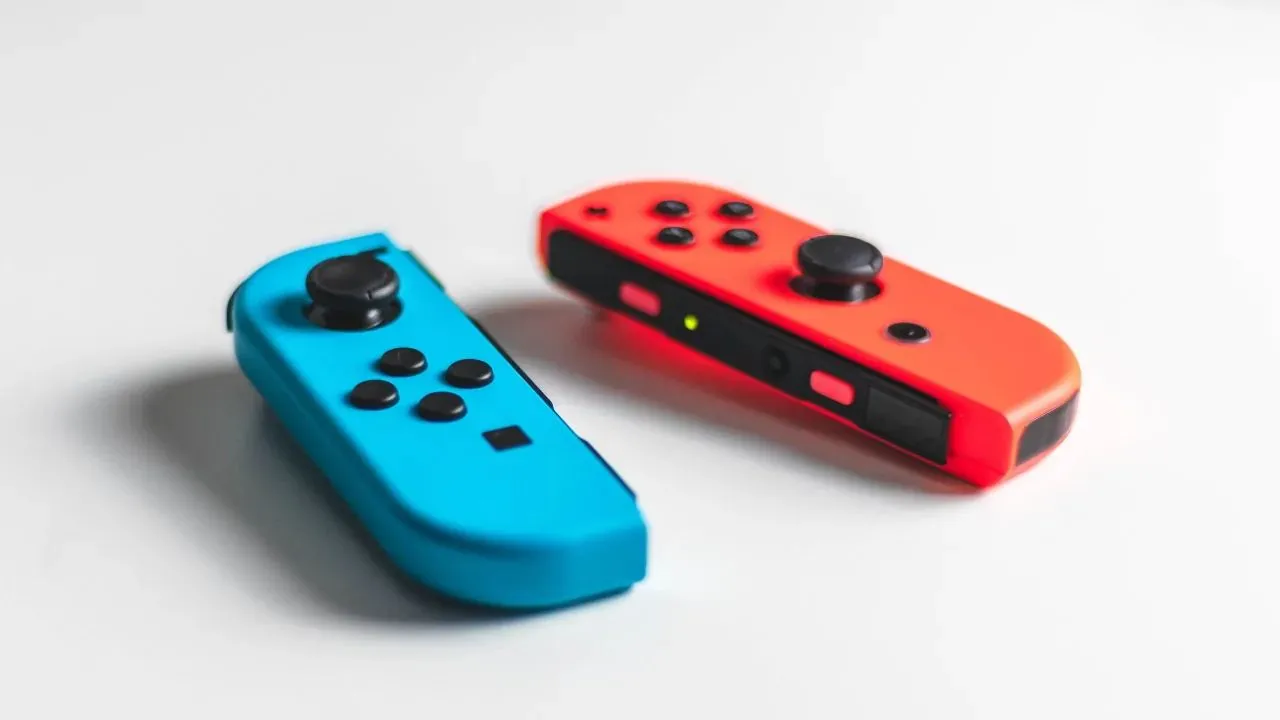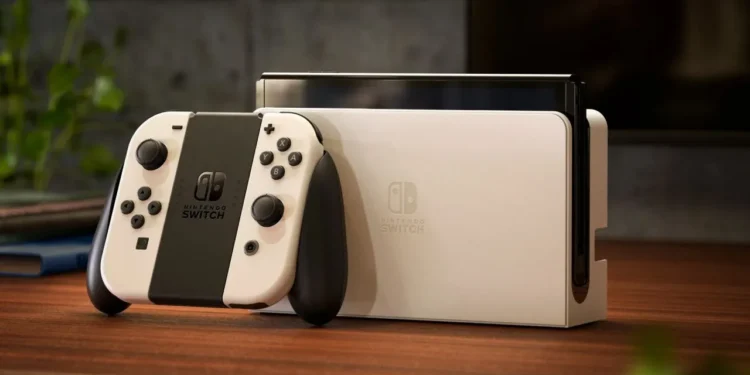Nintendo has recently updated its End User License Agreement (EULA), adding an anti-arbitration clause that makes it more difficult for consumers to pursue class action lawsuits against the company. The controversial move, which was first spotted by users on the Nintendo subreddit and later confirmed by sources like GamesRadar+, has stirred a wave of criticism from players who feel that their legal rights are being restricted.

Nintendo’s New Clause: No Class Action, No Jury Trials
The updated EULA introduces a significant change in Section 16, which now includes a clause that prevents users from filing class action lawsuits against Nintendo. The clause states:
“This arbitration provision precludes you and Nintendo from suing in court, having a trial by jury, or participating in a class action. You and Nintendo agree that arbitration will be solely on an individual basis and not as a class arbitration, class action, or any other kind of representative proceeding. You and Nintendo are each waiving the right to trial by a jury.”
In simple terms, this new provision means that if users have a complaint or dispute with Nintendo, they cannot pursue it as part of a class action lawsuit or seek a jury trial. Instead, any grievances will have to go through individual arbitration, which is often seen as a less favorable process for consumers compared to a public trial.
Nintendo’s Preference for Arbitration Over Court
The addition of the arbitration clause has raised concerns among many players who feel that it limits their ability to hold the company accountable in court. Nintendo’s new stance means that players dissatisfied with the company’s products or services can no longer join together in a class action lawsuit to address widespread issues. For example, users who have experienced common problems, such as the notorious Joy-Con drift issue, may now find it more challenging to take legal action against Nintendo as a group.

Instead, Nintendo is encouraging players to resolve their disputes by contacting its Customer Service Center. The company’s preference for arbitration over a trial by jury has led some critics to argue that Nintendo is attempting to reduce its legal exposure and avoid large-scale lawsuits.
Opting Out: Players Can Still Reject the Clause
For those who want to maintain the option of pursuing legal action in court, Nintendo does provide a way out. Users can opt out of the arbitration clause by sending a written notice within 30 days of agreeing to the updated EULA. If they do so, any disputes will be handled under the guidelines of Section 18, which states that claims, including intellectual property issues, will be governed by Washington State law and must be resolved in King County courts.
Interestingly, both parties will be required to attempt resolving any claims in good faith within 30 days, or longer if both agree to extend the timeline. This stipulation further highlights Nintendo’s preference for informal resolution, aiming to avoid prolonged legal battles wherever possible.
Is Nintendo Trying to Avoid Future Lawsuits?
The timing of this update raises questions about Nintendo’s motivations, especially in light of past legal actions. The company has been at the center of several class action lawsuits in recent years, notably those related to the infamous Joy-Con drift issue, which saw customers suing Nintendo over defective analog sticks in their Nintendo Switch controllers. By introducing this new arbitration clause, Nintendo appears to be taking a preemptive step to minimize its legal exposure, should similar issues arise in the future.

The Joy-Con drift lawsuit, which was filed in 2019, was part of a larger wave of complaints from customers who found that their controllers were malfunctioning despite only moderate use. Although Nintendo eventually offered free repairs for affected controllers, the company faced backlash for not doing enough to address the issue sooner. With this new arbitration clause, it seems that Nintendo is now making it harder for users to pursue collective action over such widespread problems.
Consumer Reactions: Concern Over Legal Rights
Naturally, the addition of this anti-arbitration clause has sparked a backlash among users. Many consumers see this as an effort to make it harder for them to hold the company accountable in court. Legal experts have weighed in, pointing out that such clauses often benefit companies more than consumers, as they limit the ability to take legal action collectively.
As more companies adopt similar clauses, there are growing concerns about consumers’ rights to challenge large corporations. While individual arbitration may be faster and less expensive than going to court, critics argue that it often favors the company, as the arbitration process is typically more private and may not offer the same level of transparency as a public trial.
Nintendo’s updated EULA with the new arbitration clause is certainly a move that raises important questions about consumer rights and the power of corporations. While the company’s preference for arbitration may be seen as a way to streamline dispute resolution, it also limits the ability of users to hold Nintendo accountable in the same way that they would in a court of law.
For players who are concerned about the implications of this change, there is still the option to opt out by sending a written notice within 30 days. However, for many, this move signals a shift in the way big companies handle consumer complaints, and the potential for further erosion of legal rights for individuals.
With ongoing discussions about the Joy-Con drift lawsuit and the general trend of arbitration clauses in the tech industry, it seems that this issue will continue to spark debate for some time. Whether this will lead to greater regulatory scrutiny of such clauses remains to be seen, but for now, Nintendo’s move is another example of a company trying to limit its legal risks in an increasingly litigious world.










